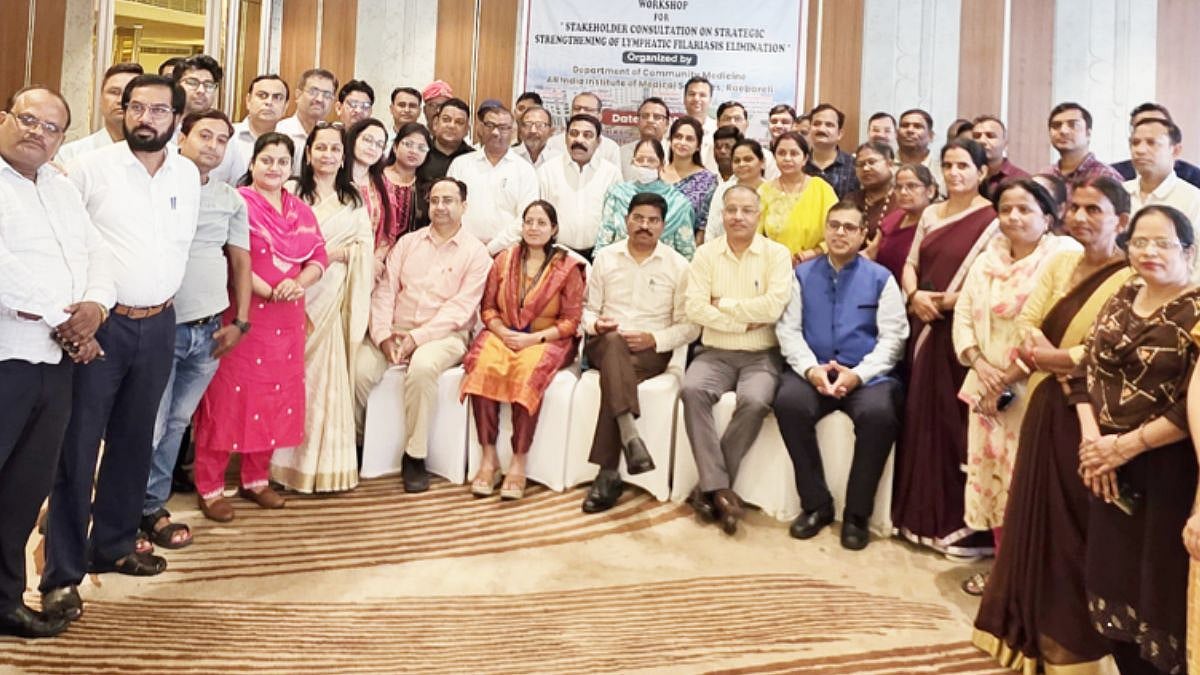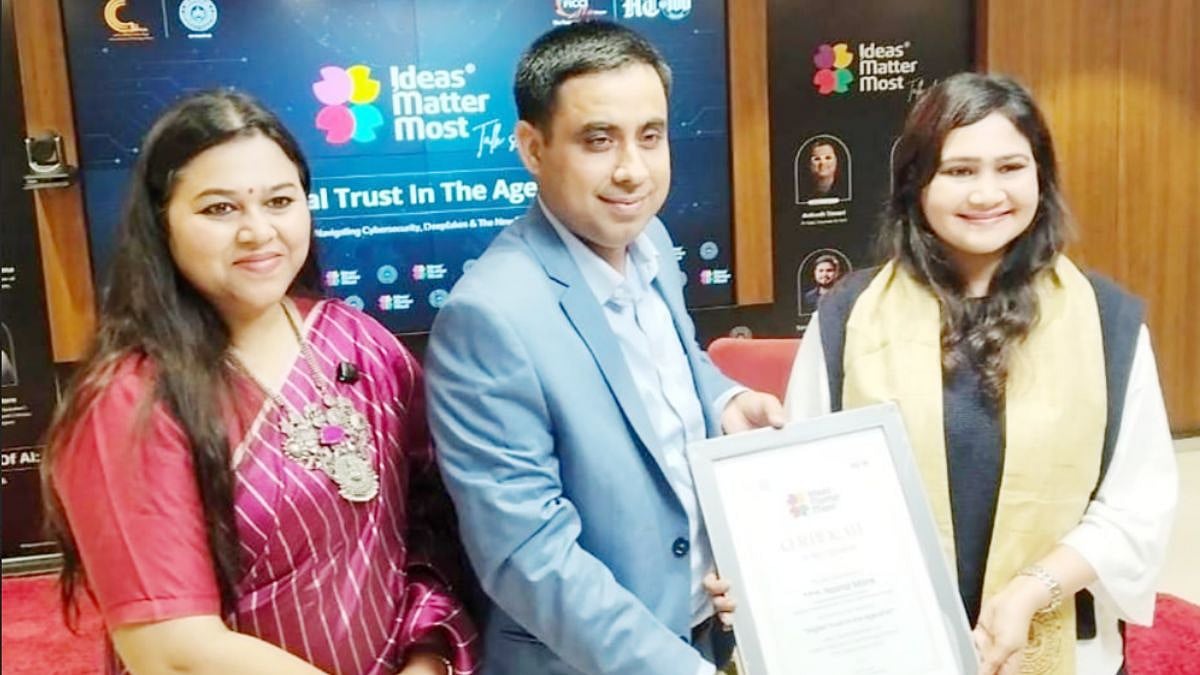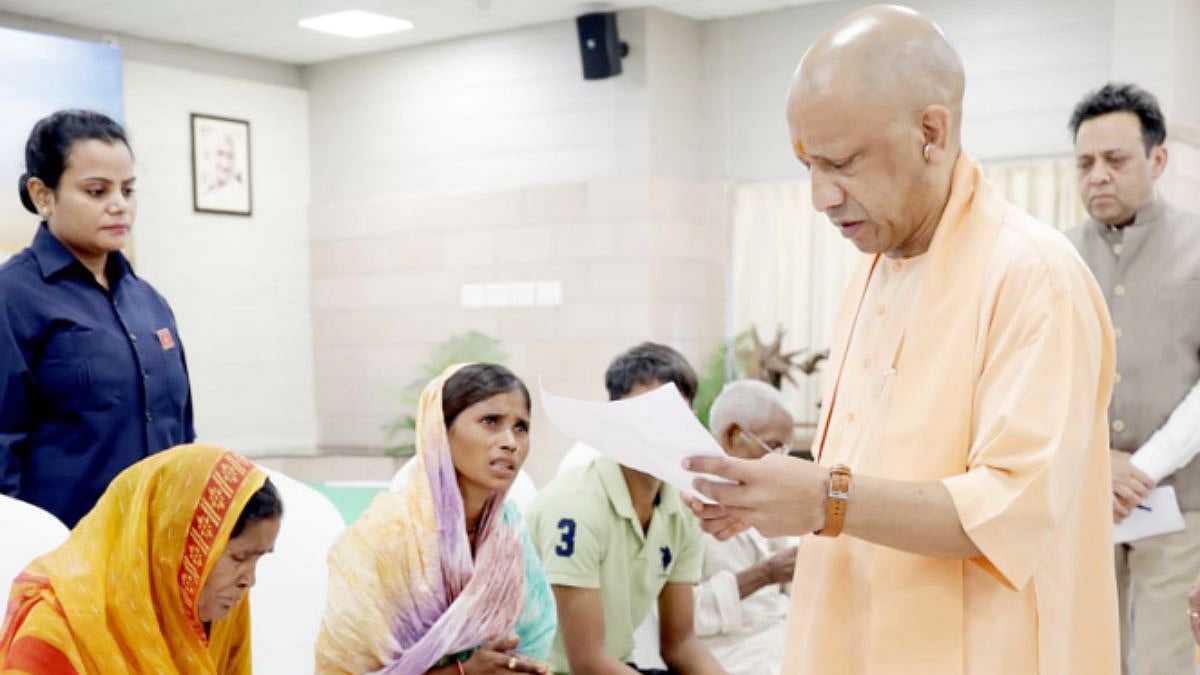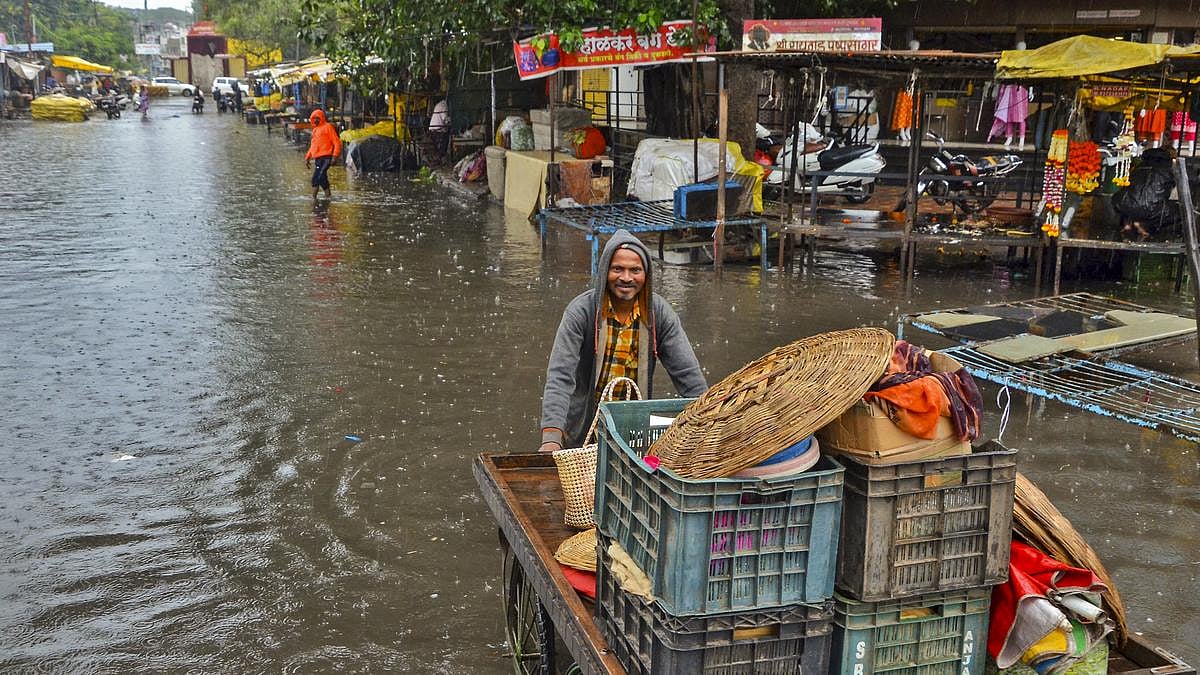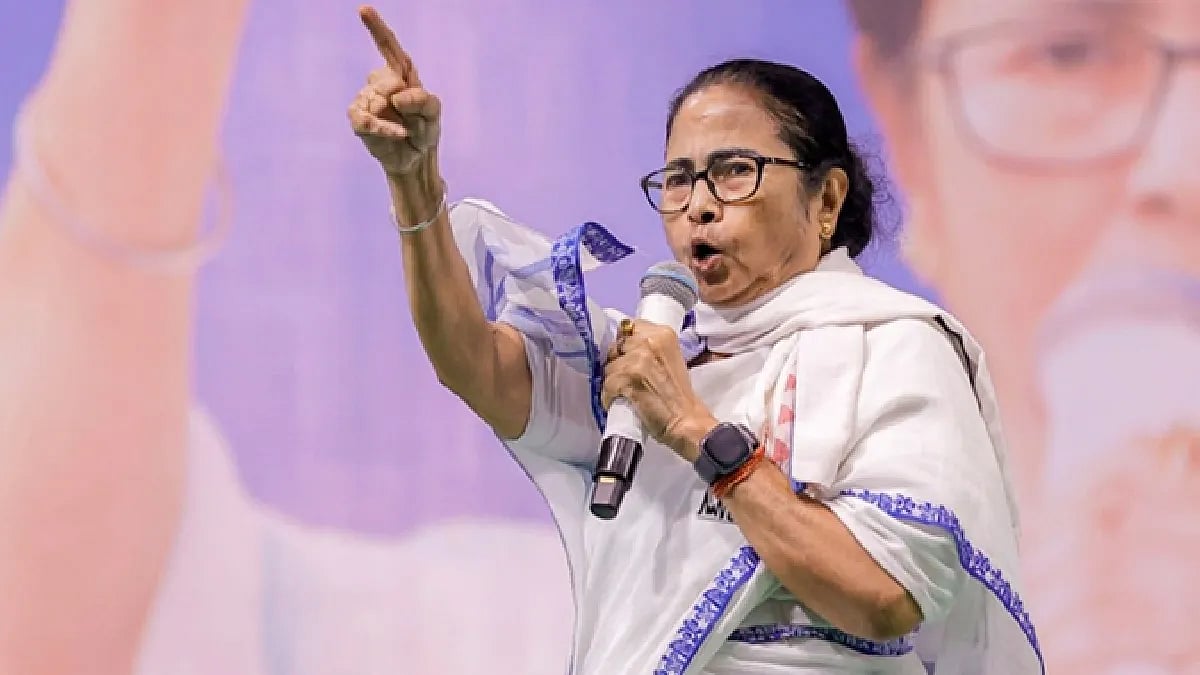The most important faultline emerging in our electoral politics in recent times is the choice between prioritising long-term growth and short-term political gains. The recent Karnataka State Assembly election is yet another illustration of it.
In Karnataka, Congress Party won a decisive majority essentially on the strength of the five guarantees: Gruhalakshmi – ₹ 2000 per month to every head woman of every household; Uchita Prayana – free bus passes for women; Yuva Nidhi – unemployment allowance of ₹ 3000/month to graduates and ₹ 1500/month to diplomates; Annabhggya – 10 kg of free rice per person per month for all below poverty line families; Gruhajyothi – free power up to a ceiling of 200 units per month to every household. The total cost of these Individual Short-term Welfare measures (ISW) is estimated at ₹ 50,000 – 60,000 crore per annum.
Karnataka is not alone in such generous ISW implementation. Andhra Pradesh, Telangana, Tamil Nadu, Kerala and several other States have large ISW programmes benefiting upto 70-80% of the households in some form or the other. Thanks to application of digital technology and political will, these ISWs are implemented efficiently without leakages except in respect of food grains. There are many reports of the free/subsidised food grain distributed being resold in the market, and recycled into fresh procurement costing the exchequer heavily. But in general ISW administration is improving.
There is a case to provide short-term relief to mitigate poverty through ISW. People in distress need help. Even rich countries help people through short-term welfare. But ISW does not lead to enhanced earning capacity or higher incomes. ISW, without economic growth, capacity building and job creation will perpetuate poverty. In a poor country with low per capita incomes and low productivity, it is vital to improve productivity and enhance incomes in order to lift people permanently out of poverty. Otherwise, the country will be trapped in mass poverty irrespective of the ISW implementation.
The story of subsidized rice in Andhra Pradesh and Telangana since the introduction of ₹ 2 per kg programme by NTR in 1983 gives us a good insight into minimal long-term benefit of consumption subsidies to the poor. In 1983 about 10.3 million families were getting upto 20 kg of ₹ 2/ kg rice per house hold every month. In 1983, the market price of rice was about ₹ 3.50 / kg, and about 2.2 million MTs of rice was supplied at a subsidized price. The benefit accruing to the poor, at ₹ 1.50 per kg (the difference between market price and subsidized price), was ₹ 330 crore per year. Now there are 23 million families in both Andhra Pradesh and Telangana getting rice at ₹ 1/ kg. The market price of rice now is ₹ 30-40 / kg. A total of 6.4 million MTs of rice is distributed annually in both successor states of erstwhile AP, and the total benefit to consumers (difference between market price and subsidized price) is about ₹ 20,000 crore per year. This cost of subsidy is borne mostly by the Union (the difference between cost of procurement and issue price to States) and a small portion is borne by the States (the difference between issue price and consumer price in the fair price shop). Whoever bears the subsidy, the central feature is forty years of heavy subsidies on food grains have not improved incomes or eliminated poverty. The quantity distributed and the cost of subsidy have grown enormously without a serious dent on poverty!
The only way poverty can be eradicated is through infrastructure, investments, job creation, economic growth, and enhancement of skills and productivity. While short-term relief from the pain of poverty is necessary, if governments only focus on ISW at the cost of long-term growth, poverty is perpetuated. Governments are then forced to devote more and more resources for short-term welfare, stunting growth and incomes even further. Without growth and revenues, and with mounting public debts to meet expenditure needs, governments get into a debt trap. Already in many states the committed expenditure on salaries, pensions and interest burden far exceeds the State’s own revenues (excluding Union transfers). With mounting burden of interest, more and more ISW, ever-increasing salaries, and rising pension burden, the states are forced to borrow even more to meet current revenue expenditure.
Imagine a family incurring huge debt every month to meet its daily expenditure! If borrowed money goes to meet day-to-day consumption, you get into a debt spiral, as you have to borrow more even to pay interest. As there is no Investment made to generate new income, and as new assets are not created, the family cannot repay debt; new credit dries up; the family remains poor, and soon becomes bankrupt. A prudent family, on the other hand, curtails consumption expenditure, practices thrift, saves money, invests in income-earning assets and good education for children, and focuses on increasing income. The same principles apply to a state or the nation in management of finances.
We do need to help the poor to mitigate poverty through short-term consumption subsidies. But these ISWs should be judiciously combined with investments in infrastructure, basic amenities, and better education and healthcare. In addition we should do everything possible to promote new private investments and promote job creation. Only when government does its job well to promote growth and incomes, and private sector invests and innovates creating wealth and jobs can the economy grow and poverty eliminated.
Right now the balance between ISW and growth oriented investments and policies is missing. Excessive reliance on ISW for temporary electoral success will spell disaster for the future. Focus on higher growth not only enhances incomes and ends poverty; it also gives government more revenues to help the poor. It is a win-win solution.
We have mechanisms to restore this balance between ISW and growth. We will discuss these mechanisms in detail in a later column. But we need broad consensus and political will to promote rapid growth even as the poor are given a helping hand.
The author is the founder of Lok Satta movement and Foundation for Democratic Reforms. Email: drjploksatta@gmail.com / Twitter@jp_loksatta



